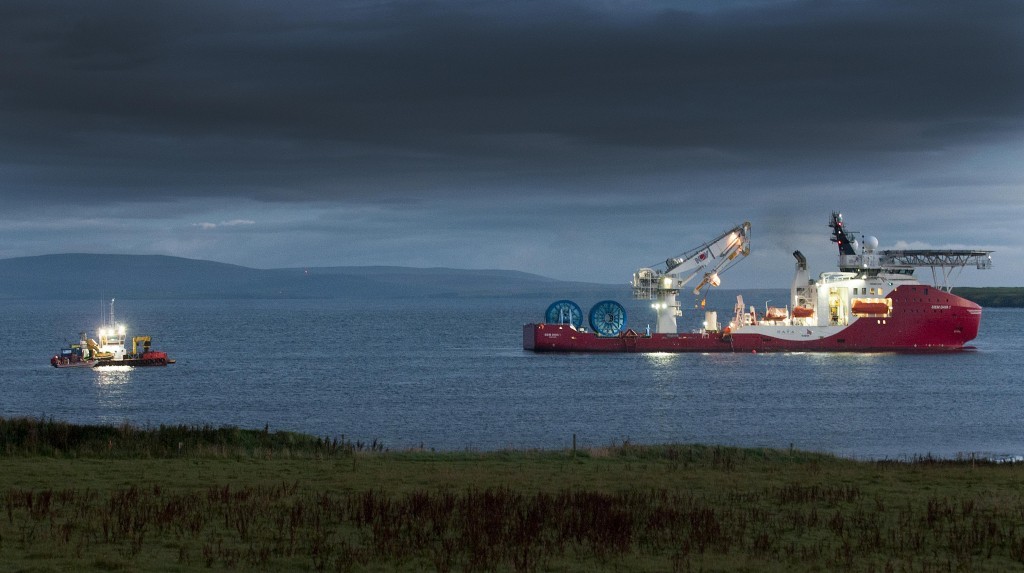
A review into the potential for tidal lagoon energy in the UK has been announced by the Government amid negotiations on a “world first” project.
Renewable energy firm Tidal Lagoon Power has been working to secure subsidies for a £1 billion scheme to build the world’s first lagoon power plant which would harness the energy of the tides in Swansea Bay.
While the Government has expressed backing for tidal lagoons, Prime Minister David Cameron recently warned his enthusiasm had been “reduced” by the costs, with much higher subsidies than nuclear or offshore wind mooted at one stage.
The company claims the Swansea Bay lagoon would be a proof-of-concept project opening the way for a series of lagoons around the coast, costing less due to economies of scale and meeting 8% of the country’s power needs for 120 years.
The Government has announced an independent review into whether the lagoons represent value for money and how they could contribute to the UK’s energy mix in the most cost-effective way.
Ministers said the review would start in the spring and would establish an evidence base to make sure all decisions were made in the interests of the UK.
The announcement comes days after the development of tidal lagoon schemes received a boost with a commitment of millions of pounds to the technology in the UK and India.
The investment by the Gupta family, thought to be around £10 million, gives it a substantial stake in Tidal Lagoon plc, a holding company set up to finance the development of full-scale tidal lagoons to generate clean power in the UK and abroad.
The Government said it expected that Tidal Lagoon Power and other stakeholders would take part in the review while discussions about Swansea Bay continued.
Energy minister Lord Bourne said: “Tidal lagoons on this scale are an exciting but as yet an untested technology.
“I want to better understand whether tidal lagoons can be cost-effective, and what their impact on bills will be – both today and in the longer term.
“This review will help give us that clarity so we can determine what role tidal lagoons could have as part of our plans to provide secure, clean and affordable energy for families and
businesses across the country.”
The Department of Energy and Climate Change said the review would consider if the technology could play a cost-effective role in the energy mix and the scale of opportunity in the UK, including supply chains for the lagoons.
It will also look at a range of ways to finance lagoons and whether a competitive framework could be put in place for delivering projects.
Recommended for you
